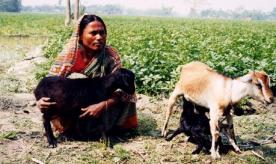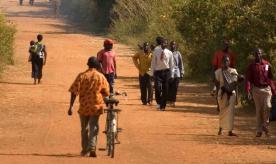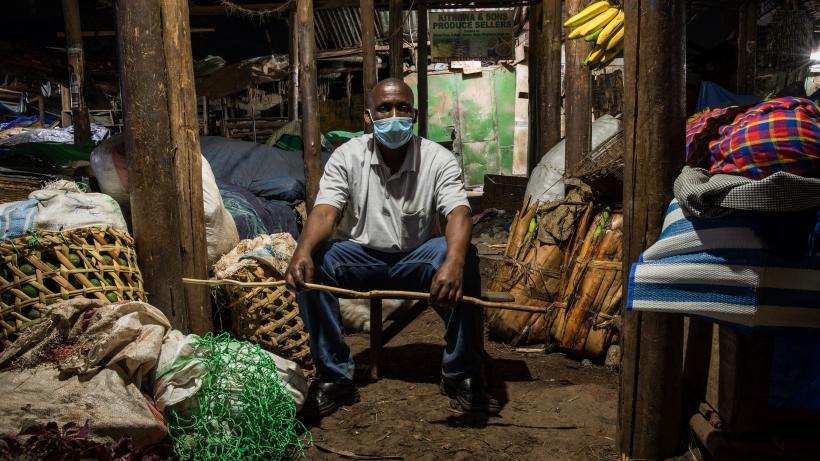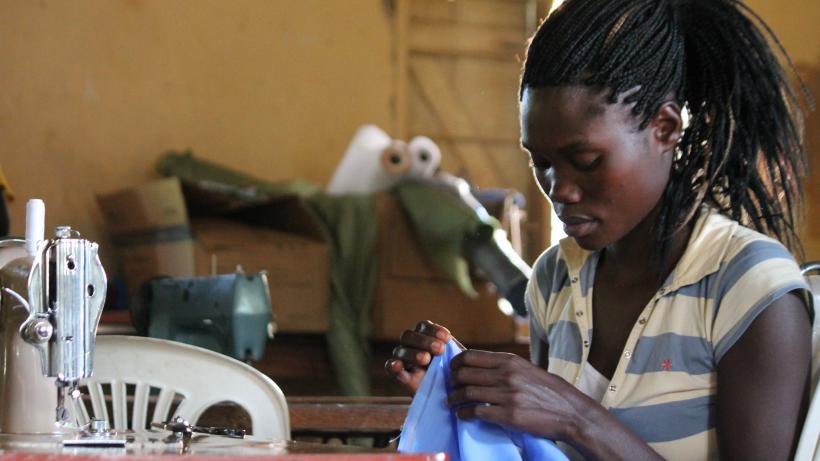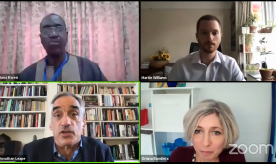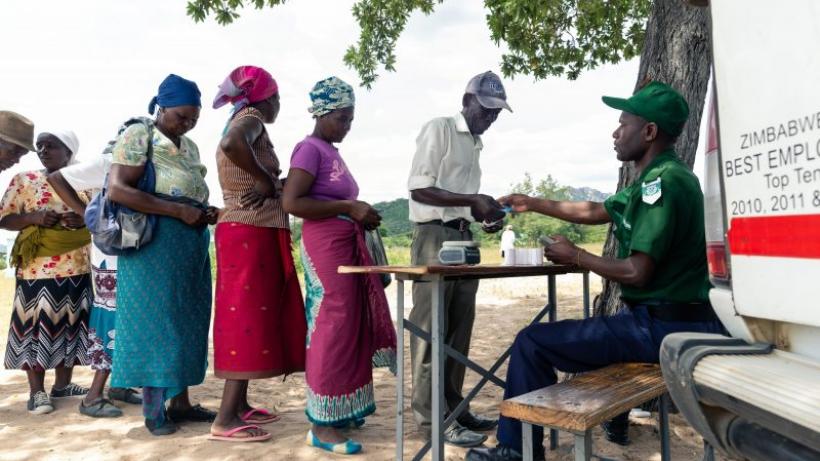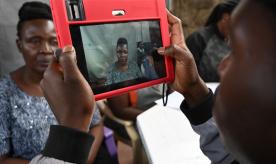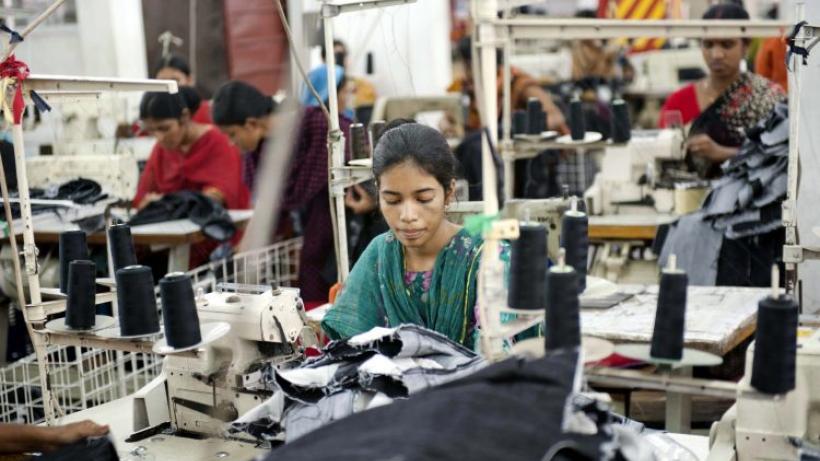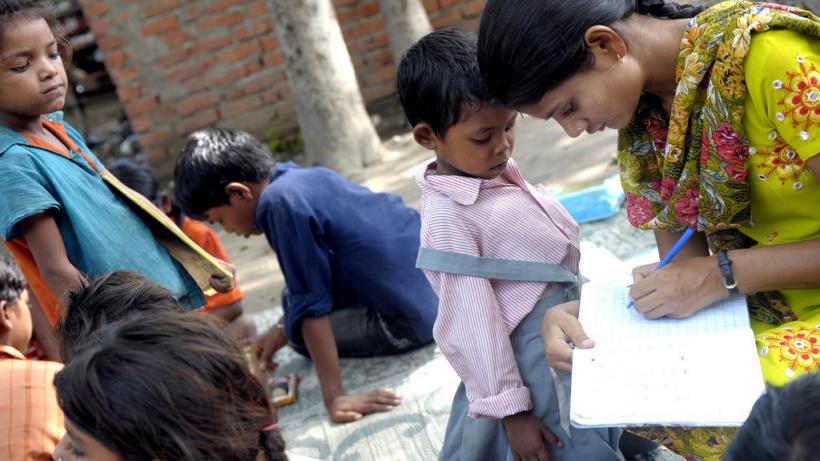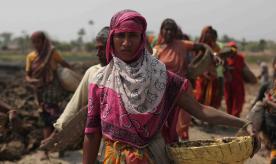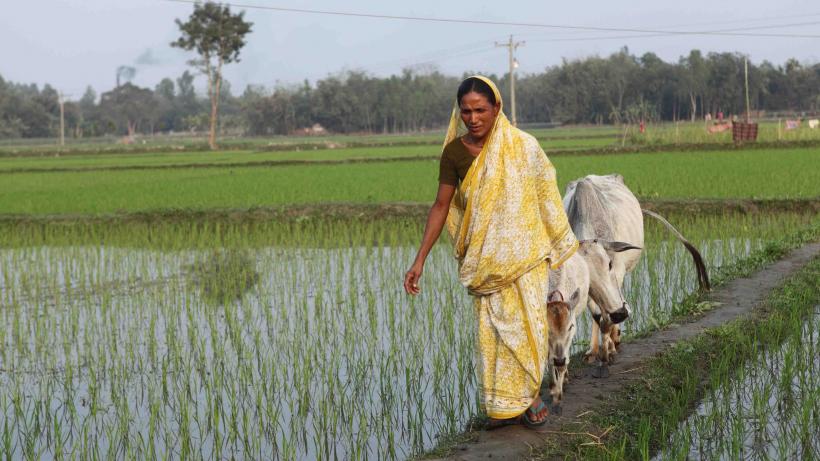
Oriana Bandiera
- Professor of Economics
- London School of Economics and Political Science (LSE)
Roles
Steering group members
IGC Staff
Researchers
Oriana Bandiera is a Research Programme Director for the IGC State research programme and Member of the IGC Steering Group.
She is also a Professor of Economics at the LSE and the Director of STICERD. She is a member of IZA, CEPR, BREAD, EUDN and JPAL-Europe. Her primary research interests are in labour economics, development economics, and the economics of organisations. In 2007 she was jointly awarded the IZA Young Labor Economist Prize. She is an editor of the BE Journal of Economic Analysis and Policy and on the board of the Journal of Economic Literature. Her work has been published in leading academic journals such as the American Economic Review, Econometrica and the Quarterly Journal of Economics. She is the 2011 recipient of Carlo Alberto medal, awarded biennally to an Italian economist under the age of 40 for “outstanding research contributions to the field of economics.”








